영자신문읽기[고급] 신문 속 다양한 세상 이야기를 이제 영어로 만나보세요!
Oil reserves to be released following request from the U.S.
2021-11-27
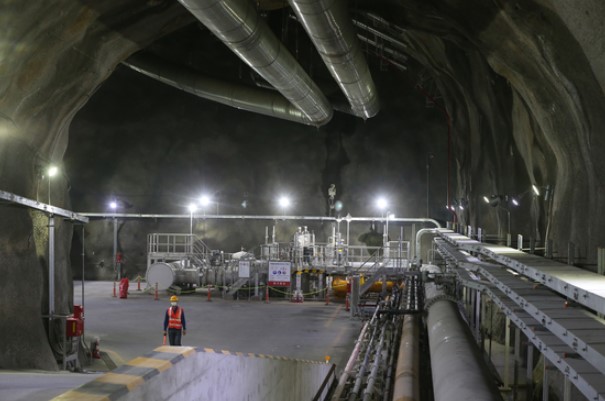
Korea is complying with a request from U.S. President Joe Biden to release oil from strategic reserves.
While the exact amount is yet to be announced, the Korean government estimates the release will be roughly equivalent to the action taken in 2011 when about 4 percent of the nation’s strategic reserve, or around 34.67 million barrels, was added to the market during an oil-supply crisis caused by the Libyan civil war.
The stockpile is roughly 97 million barrels, which could sustain the country without outside supply for 100 days. When including reserves in the private sector, the total is about 200 million barrels, which would last roughly 200 days.
The Korean Ministry of Trade, Industry and Energy and the Ministry of Foreign Affairs on late Tuesday said it will be joining the proposal considering the ongoing rise in international crude prices as well as the alliance between United States and Korea.
Details, including the time of the release, will be ironed out with the countries participating.
On Tuesday, President Biden proposed Korea, Japan and India tap into their reserves to stabilize oil prices.
“Tghe Department of Energy will be make available releases of 50 million barrels of oil from the Strategic Petroleum Reserve to lower prices for Americans and address the mismatch between demand exiting the pandemmic and supply “ the White House said in a statement. " This release will be taken in parallel with other major energy consuming nations including CHina, India, Japan, Republic of Korea and he United Kingdom."
According to the Korean government, Dubai crude, which represents the bulk of Korea’s crude imports, cost $78.42 per barrel as of Monday. That’s more than 50 percent up compared to the beginning of the year, when it was $50 per barrel.
High international oil prices have been one of the leading drivers of inflation in Korea and globally.
Since April, Korea’s consumer prices have been rising about 2 percent on year. And in October, they were up 3.2 percent on year.
Fuel prices rose 27.3 percent year-on-year in October, the biggest jump since August 2008's 27.8 percent increase. Gasoline prices were up 26.5 percent, diesel prices 30.7 percent and LPG gas used for vehicles rose 27.2 percent.
Fuel price increases affected manufactured goods, the prices of which rose 4.3 percent, the biggest year-on-year jump since February 2012's 4.7 percent.
To take the edge of the increases, the government lowered taxes on fuel on Nov. 12. Fuel taxes were slashed 20 percent, the most aggressive cut so far.
The cut will last for six months.
Between November 2018 and May 2019, the Korean government cut fuel taxes 15 percent as international oil prices spiked above $80 per barrel.
Tensions are mounting over the issue as OPEC threatens to change its plans of increasing crude output.
“I anticipate OPEC-plus energy ministers will maintain their current plan of adding more supplies to the market gradually,” said Joseph McMonigle, the International Energy Forum’s secretary general during a virtual meeting with Japan’s Foreign Affairs Ministry’s Director General of Economic Affairs Ono Hikariko on Monday, according to an IEF statement.
“However, certain unforeseen external factors, such as a release of strategic reserves or new lockdowns in Europe, may prompt a reassessment of market conditions.”

| 번호 | 기사목록 | 날짜 | 조회수 |
|---|---|---|---|
| 60 |
 |
2024-04-26 | 3823 |
| 59 |
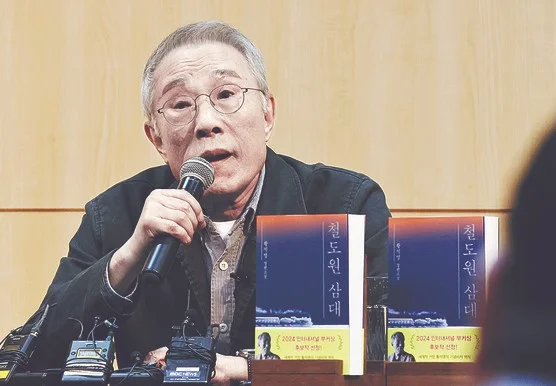 |
2024-04-25 | 4186 |
| 58 |
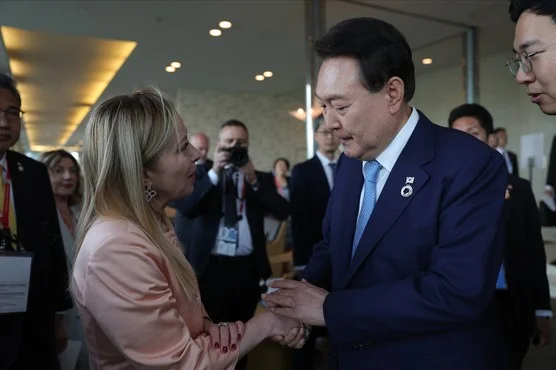 |
2024-04-24 | 4394 |
| 57 |
 |
2024-04-23 | 4360 |
| 56 |
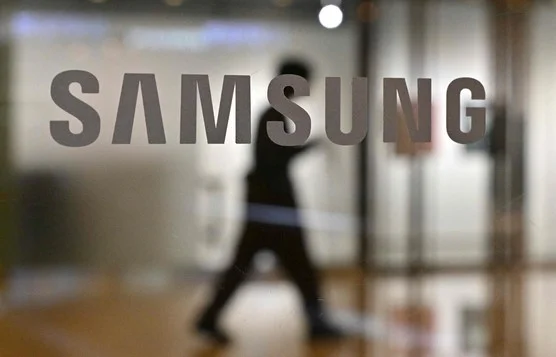 |
2024-04-22 | 4260 |
| 55 |
 |
2024-04-21 | 4309 |
| 54 |
 |
2024-04-20 | 4210 |
| 53 |
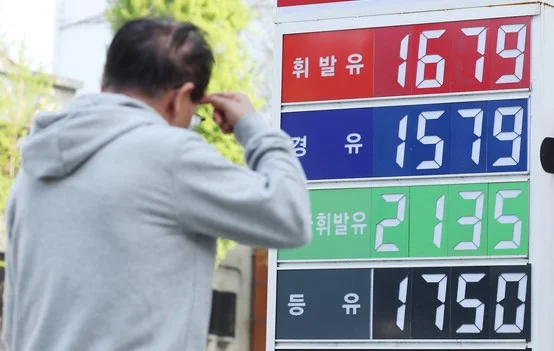 |
2024-04-19 | 4474 |



















